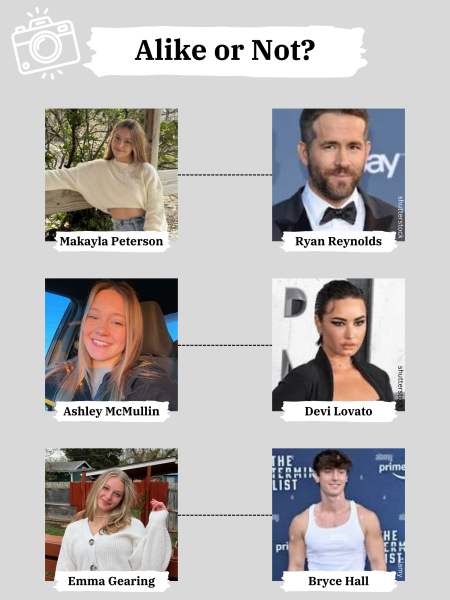How to find information on college
Beginning the college search can be extremely difficult, especially when your family does not have experience in sending a kid off to college. Maybe none of the other family members went to college, or it is the parents’ oldest child. Regardless, there are so many public and private universities throughout the U.S. and the world that it can be very difficult to choose.
According to College Raptor, you can narrow down your choices using a set of criteria. Look at factors like faculty, programs, location, cost, distance from home, diversity, reputation, size and financial aid. Senior Ash Gibson agrees that some of these criteria are important, and that they have been useful in deciding a college.
“I chose Wichita State because they offer the classes I am looking for, are affordable and close to family,” Gibson said. “Some factors included affordability, education opportunities, like if they offer the classes you require for a profession and if the professors are capable enough. Housing is another factor, but I include it with affordability.”
When entering freshman year, it is not likely that many colleges will be contacting you. Yet, after your junior year begins, some students’ inboxes are filled with college mail. However, senior Hanna Brown believes that just because a college contacts you, it does not mean you should automatically choose them. She found her criteria important in her college choice.
“I chose to go to KU because they have a good journalism school. I mostly just looked up colleges and hear about them from friends. A lot of colleges did reach out to me, but a lot of them were out of my price range,” Brown said.
While finding a college that fits all of your criteria is important, Gibson believes that finding a second and third choice to fall back on is also an important part of the process.
“Start searching early, because come senior year, if you find out your first choice changed something and you no longer want to go there or new information arises, you need to be ready to fall back on a second or third choice, and consider the job you want and if you really need a degree. If your employer/profession doesn’t require you to have a degree, you don’t necessarily have to waste the money on college when you can start earning it,” Gibson said.

Ellen is a senior entering her third and final year on the Newtonian staff. She is a debater, forensicator, journalist, AP/Honors student, bassist, varsity...













